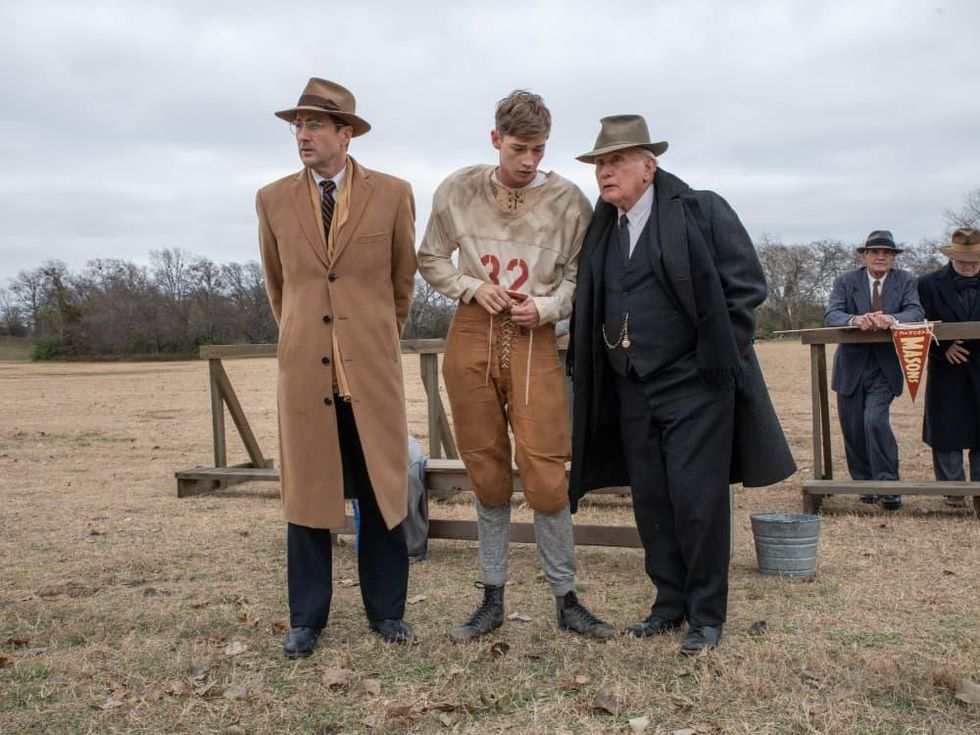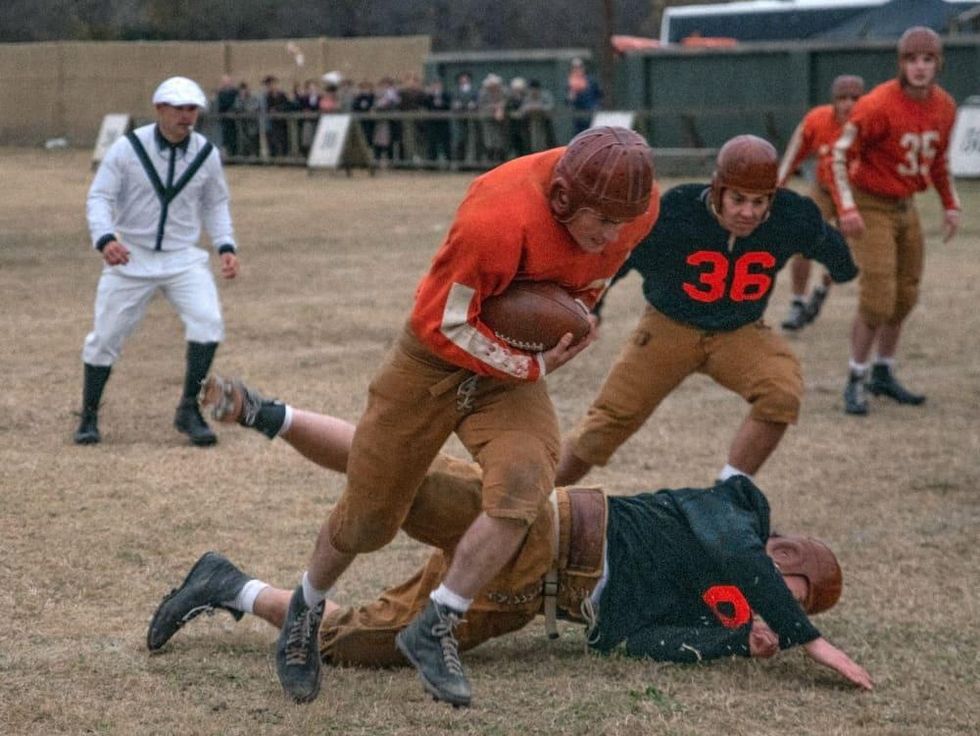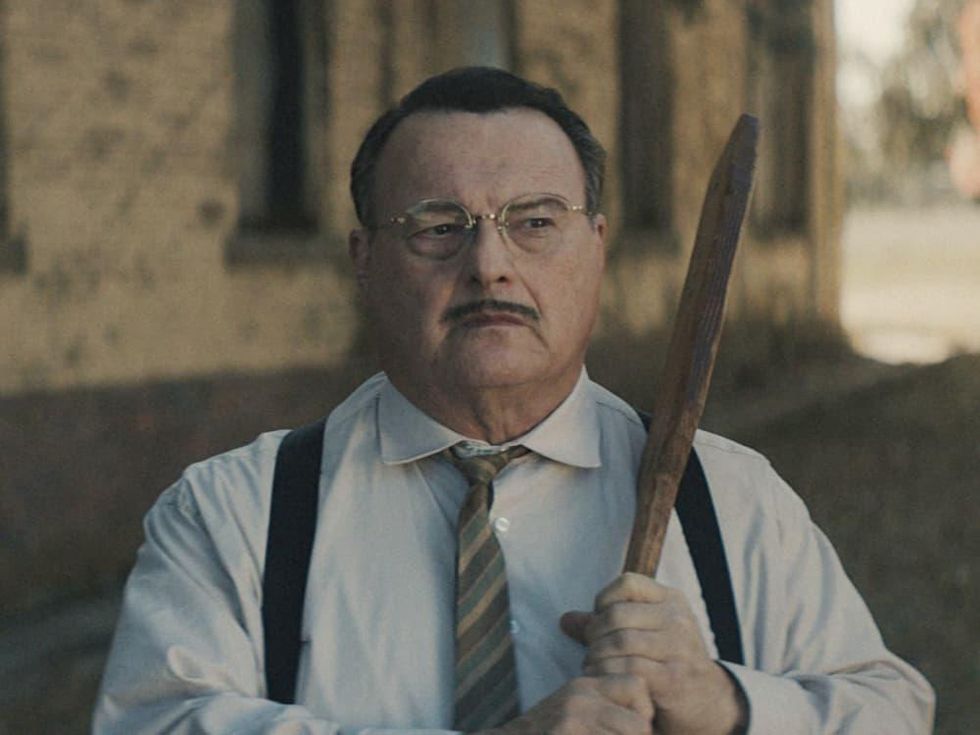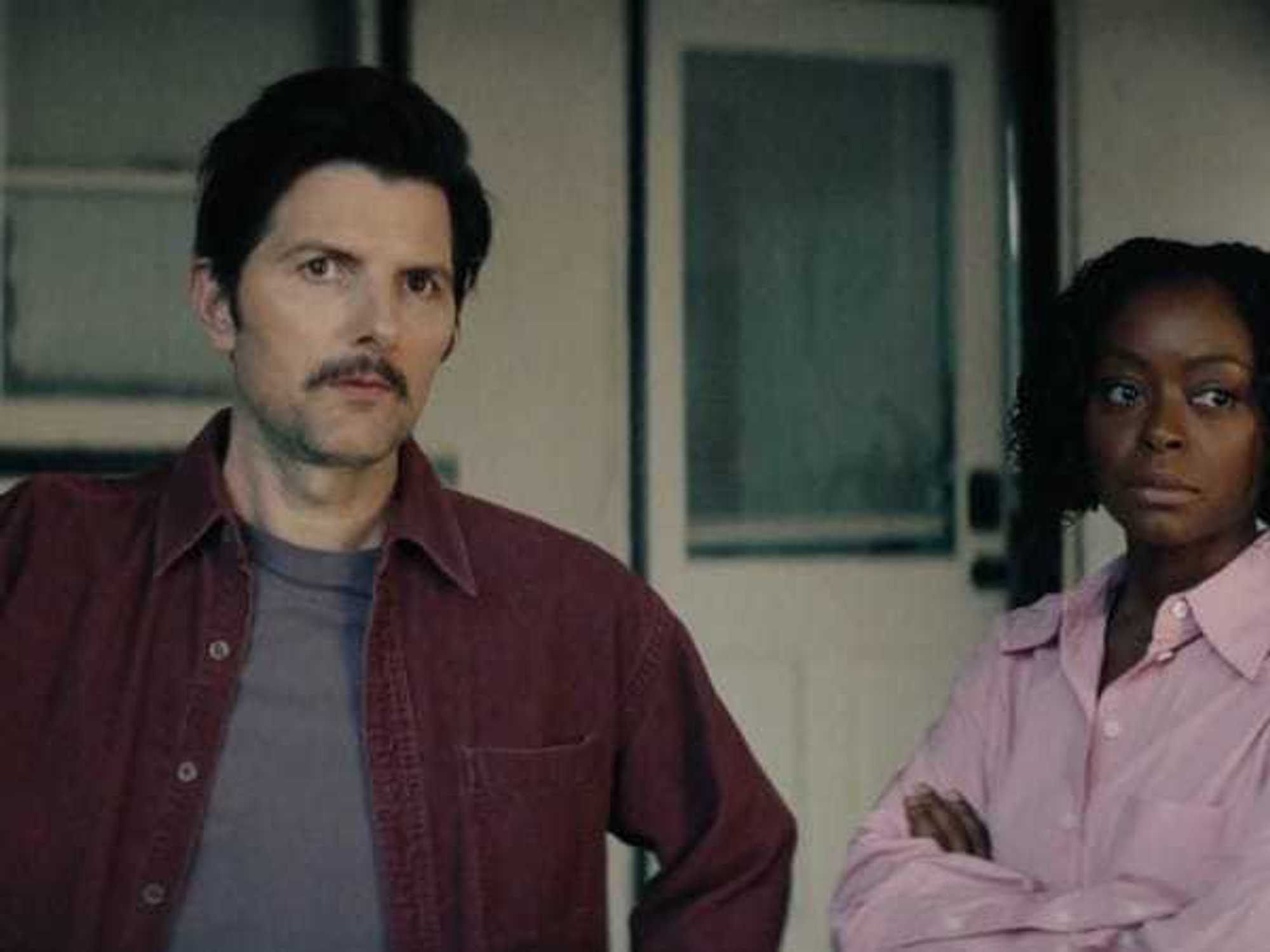Movie Review
12 Mighty Orphans loses inspiration with fumbled storytelling
It seems like anytime someone decides to make an inspirational sports movie, it’s released by Disney. The studio has had a monopoly on the genre for years, churning out films like Remember the Titans, The Rookie, Miracle, Invincible, Secretariat, and more. They have the formula down to a tee so much that anytime anyone else tries their hand at a similar film, as is the case with Sony Pictures Classics’ 12 Mighty Orphans, it becomes difficult to measure up.
The film has particular significance to Fort Worth, as it centers on the Mighty Mites, a high school football team built from nothing by coach Rusty Russell (Luke Wilson) at the Masonic Home & School, an orphanage located in what is now the Southeastern quadrant of the city. As the film tells it, Russell and his wife, Juanita (Vinessa Shaw), arrive at the school in 1938, and Russell quickly establishes himself as a leader both on and off the field.
Per sports movie tradition, the players are a ragtag bunch with zero playing experience and attitude problems aplenty. But Russell is able to quickly get them into playing form with the help of school doctor/assistant coach Doc Hall (Martin Sheen), utilizing a then-unique spread formation that flummoxed coaches at rival schools. Along the way, Russell and the players face multiple challenges, including an abusive administrator, a league reluctant to let them play, and more.
Directed by Ty Roberts and written by Roberts, co-star Lane Garrison, and Kevin Meyer based on local sportswriter Jim Dent’s nonfiction book, the film is long on ambition but short on accomplishment. It ticks all the boxes of your typical sports movie, but it does such a poor job of telling the story that any inspiration one might get from it vanishes into thin air.
Moments that would normally prove rousing for audiences are handled clunkily, and the filmmakers push much too hard trying to show how much the team was loved.
Roberts and his team try to demonstrate that the team provided a measure of hope to a region and country still going through the Great Depression. And while that may or may not have been true in real life, the news of their success spreading across the country comes across as laughable. They’re barely two wins into their season before none other than President Franklin D. Roosevelt (Larry Pine) is being briefed on their rise by Fort Worth Star-Telegram publisher Amon Carter (Treat Williams), a sequence of events that strains credulity, at best.
Worse than the believability factor, though, is the fact that viewers barely get to know the players at all. Aside from stars like running back Hardy Brown (Jake Austin Walker) and quarterback Wheatie (Dallas actor Slade Monroe), the players never stand out. The film is also filled to the brim with corny dialogue, typified by an early game scene in which the PA announcer makes disparaging comments about the Mighty Mites over the loudspeaker while the game is being played.
There are so many other issues with the film — it features anachronisms like people listening to FDR’s 1933 inaugural address in 1938; the voiceover by Sheen is more like a TED talk about Russell’s innovative mind than helpful storytelling; villains played by Wayne Knight and Garrison are so over-the-top that you cringe just watching them — that it’s hard to know when to stop.
Strangely, though, most of the main actors come across well. Wilson and Sheen make for a fun duo, and even though we barely get to know the players, all of the actors portraying them feel authentic. The hamminess of Knight and Garrison is counterbalanced by the professional nature of Williams and, in a cool cameo, the 90-year-old Robert Duvall.
The real story of Mighty Mites took place across more than a decade, and the decision to compress and exaggerate their success into one season proves fateful for 12 Mighty Orphans. A story that should have been simple is made needlessly complicated by filmmakers who tried to overreach.
---
12 Mighty Orphans is now showing in theaters.




